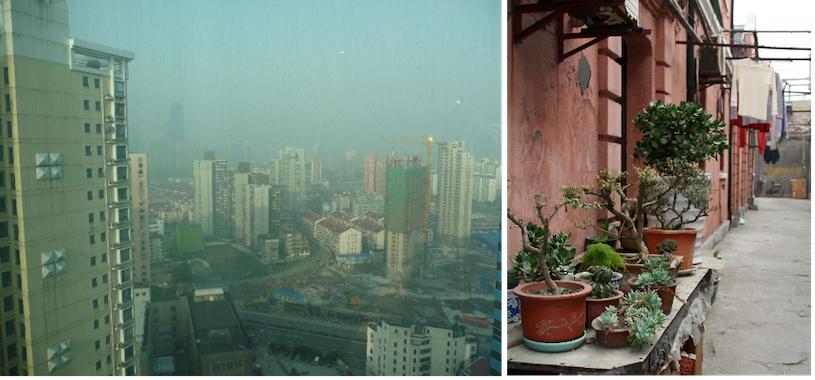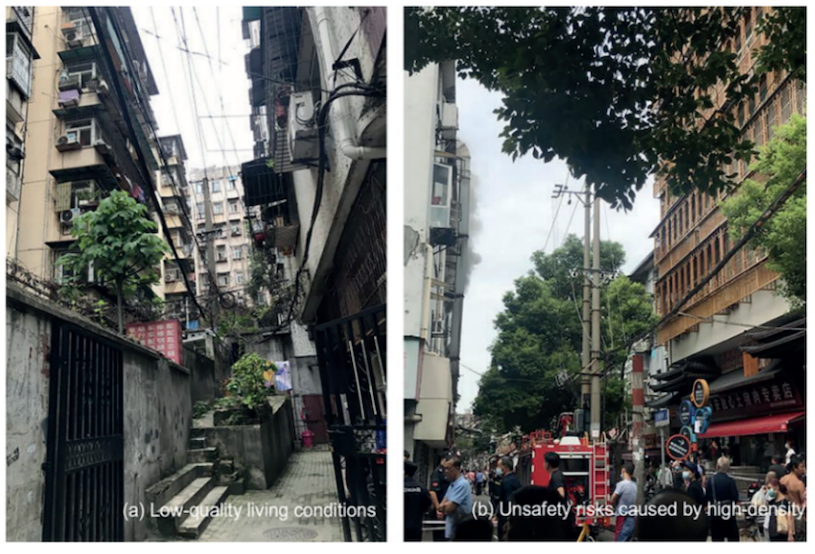Unravelling the relationship between urban planning and public health
Public health, social and economic concerns in tension – The debate
The heated debates around clean air and urban planning measures such as Ultra Low Emission Zones (ULEZ), Low Traffic Neighbourhoods (LTNs) and 20-minute neighbourhoods (The Guardian, 2023; The Conversation, 2023; Washington Post, 2023) illustrate the struggle to balance health outcomes with other social and economic concerns (The Planner, 2023).
Urban planning can positively impact public health beyond the realm of communicable diseases
The COVID-19 pandemic has underscored the associations between population health and the form and pattern of urban development. The incidence of today’s major killer non-communicable diseases, such as diabetes, cancer, cardiovascular and respiratory disease and mental health can be influenced by planning in the areas of urban air quality, car dependency, urban heat islands, substandard housing and sanitation, access to healthy foods, and green and safe spaces for physical activity and active travel, for instance.

Figure 1: How healthy? (Photo: K. Pain)
Bridging the gap between public health and urban planning is urgent
The editors of the special issue 49(2) Urban Planning and Public Health join a call to arms echoed by major international organisations (WHO and UN-Habitat, 2020; RTPI, 2021). It brings together a set of papers to enhance understanding of the complex relationships among diverse actor groups and policy sectors which form the crux of the urban decision-making process leading to urban public health outcomes.
Today’s urban landscapes present formidable challenges to urban planning for health
Challenges include the rise of private and third sector governance which presents a new landscape of decision-making and accountability. The creation of an environment conducive to good health demands a cultural and behavioural shift within and between different policy silos, improved evaluation of evidence, and harnessing complex actor-network systems for coordinated, place-based interventions. Moreover, it necessitates stakeholder engagement with upstream decision-making actors such as funders, landowners, consultants, regulators and political leaders. The health and wellbeing outcomes of urban developments are not merely dictated by policy but are negotiated and delivered by market actors and their intermediaries within a complex system governed by dynamic, fluid and temporal relations. These challenges are explored in the collection of papers.
Planning within a complex network of actors impacting public health
Koksal and Wong’s paper applies boundary-spanning policy regime theory with Greater Manchester as a case study. The paper asserts that an understanding of multi-scalar politics and external drivers of policy regimes is essential to tackle health inequalities, and that we need to depart from consensual perspectives and instead embrace the tensions and dynamics that exist among various actors. Highlighting that health and wellbeing are not merely incidental outcomes of urban development and planning, but rather integral parts of a multifaceted relationship, Kwon and Pain’s paper emphasises the roles of intermediaries in commercial real estate investment flows and the impact of their negotiations with UK planning actors on the health-aware urban decision-making. Using actor-network theory, a new conceptual model is proposed to aid understanding of the relations among urban actors and the structural elements that influence their interactions.
In pursuit of a holistic vision for urban health
Burnett and Pain’s paper argues the need for decision-making processes in planning to reflect the interrelationships between the environment, human health and urban development. Through a critical analysis of the UK’s environmental regulatory framework, the authors highlight the pressing need to prioritise health outcomes as an integral component of environmentally sustainable urban development. From the unique vantage point of Wuhan, China, Cheng and Li’s paper charts the shifts in the urban planning regimes of the city-region in response to the COVID-19 pandemic. The authors advocate a shift towards more people-centred urban strategies, tightly interwoven with public health considerations. Exploring the health implications that surfaced from the 2010/2011 earthquake in Christchurch, New Zealand, Banwell and Kingham’s paper casts light on the city’s post-disaster regeneration efforts in the neoliberal ethos of redevelopment. The analysis focuses on two housing projects and advocates for a transformative shift towards healthier housing options and improve mobility for all.

Figure 2: Poor space quality? (Photos: H. Cheng and Z. Li)
Joining forces to meet the call to arms
Focusing on mental health, Emeghe and Pain’s paper presents a novel conceptual framework to illustrate how planning activity can address the gap in mental wellbeing awareness in social housing provision in the UK. The authors argue for a progressive social valuation agenda to demonstrate mental wellbeing additionality in housing services decision-making. Highlighting the significance of methodological innovation in urban health research to underpin planning decisions, Niu, Tu and Silva’s paper employs a decision-tree model to explore the non-linear relationship between different health determinants and health outcomes through datasets available for London. Finally, Peake-Jones and Le Gouais’s practice note documents their experience as ‘researchers in residence’ in Greater Manchester and Bristol. The authors emphasise the importance of academics and practitioners sharing knowledge to tackle health inequalities related to urban development and proposes a hybrid-collaborative model built on action-learning approaches.
The papers in this special issue collectively highlight the need for resilient and progressive urban planning attuned to health outcomes to recognise urban health as an interdisciplinary field that requires collaboration across multiple actors and sectors. The editors propose four themes to guide future research and practice for health-aware urban planning: 1) unpacking the complexity of the health-aware urban decision-making system and the governance arrangements that enable cross-sectoral approaches, 2) collaborative governance, public participation and community engagement, 3) institutional design that enables meaningful engagement of academics and practitioners and innovative urban policy approaches to put health centre stage, and 4) theories and methods for translational knowledge exchange.

